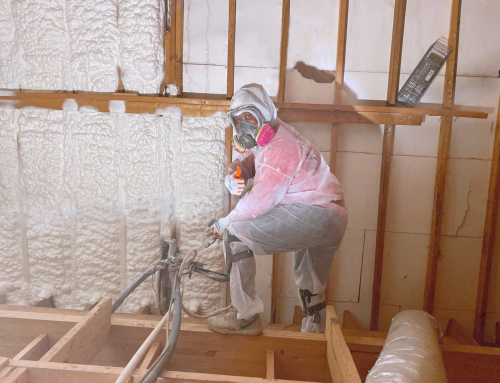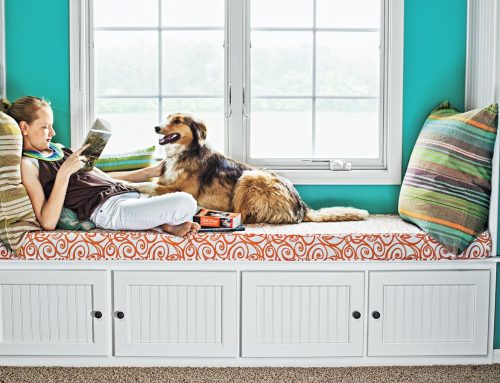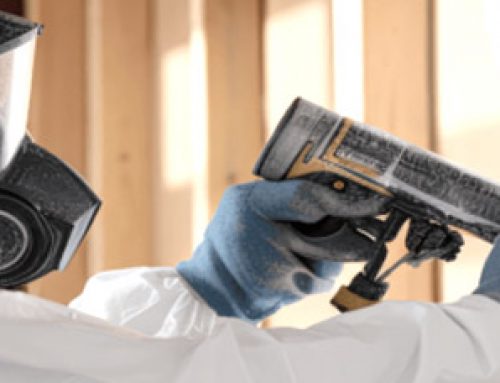Navigating Spray Foam Insulation Cost: Calculating the Investment and Savings
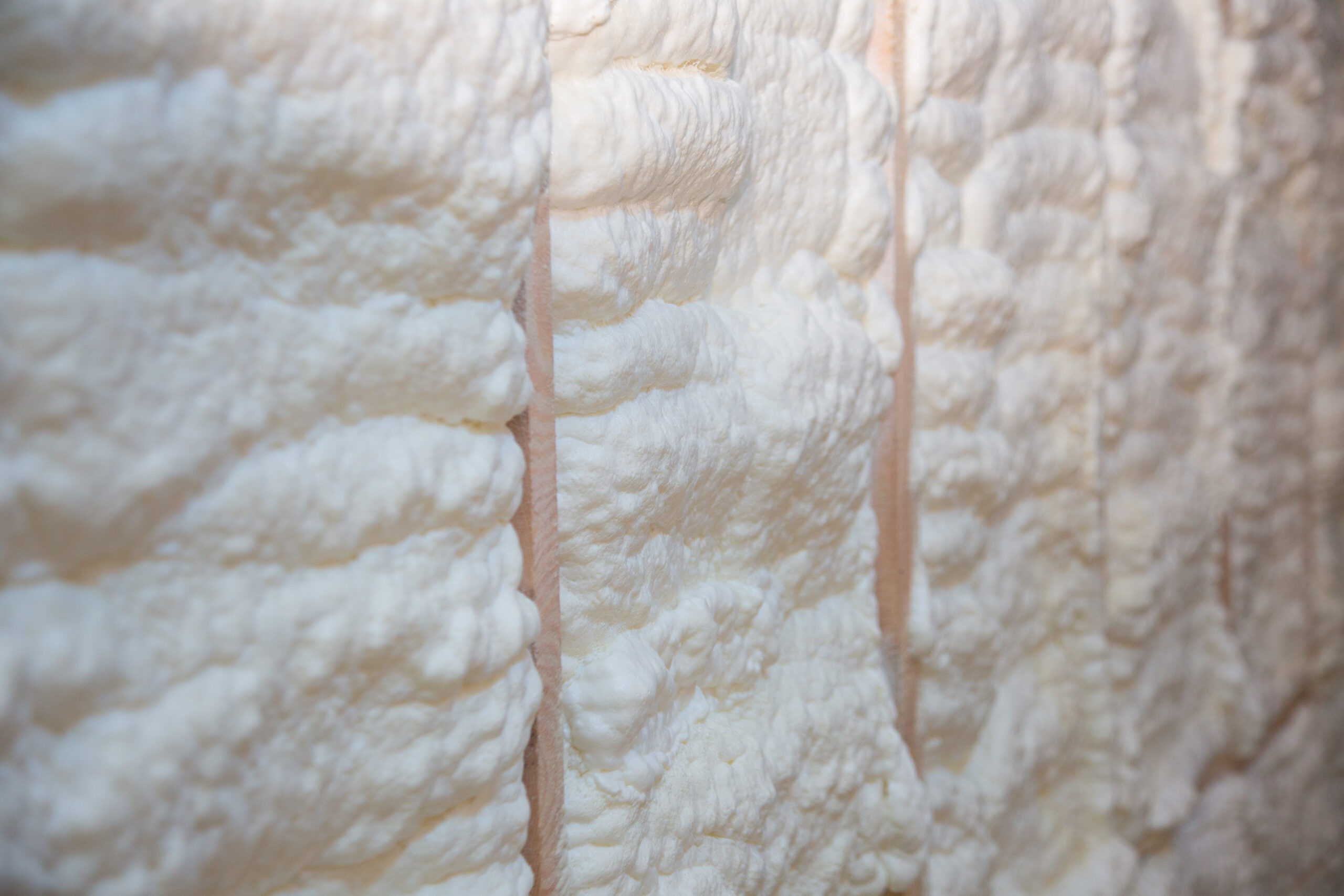
When considering home insulation options, understanding the cost factors associated with spray foam insulation is crucial. From installation expenses to long-term savings, there’s an important breadth of factors to keep in mind that impact the overall cost to spray foam insulation and the value it gives back.
Aspects Factoring into the Cost of Spray Foam Insulation
The cost to spray foam insulate a property varies significantly depending on a range of factors:
- Labor Costs: The cost of labor for spray foam insulation installation is influenced by local market rates, the project, and the experience of the contractor;
- Type of Spray Foam: There are two main types of spray foam insulation: open-cell and closed-cell. The cost of spray foam insulation per square foot is lower for open-cell spray foam than closed-cell due to the latter’s higher density and insulation properties, despite that the former is also more versatile;
- Extent of the insulation: You must consider not only the area to be insulated but also the thickness. Thicker layers of foam provide better insulation, but with such powerful material as closed-cell spray foam, two inches may well be all you need in your wall;
- Preparation work: There’s also preparation work needed before spraying the foam. This could include cleaning the surface, removing old insulation, or repairing any damage.
Labor Costs
The average labor cost of spray foam insulation by a professional typically includes the cost for the setup, the application of the spray foam, as well as the cleanup after the installation is done. Of course, you could always avoid that by using handy, portable spray foam insulation cans, such as those provided by Ecothermix.
Spray Foam Insulation Cost vs. Fiberglass, Mineral Wool, and Cellulose:
When it comes to older, less innovative alternatives, though spray foam cost per sq ft is higher, incurring a higher upfront cost compared to, say, fiberglass insulation, cellulose, and mineral wool, this comes with a caveat. Spray foam’s superior thermal performance and energy efficiency benefit mean that less of it actually has to be used, not to mention the longevity, extra space enjoyed, and the savings enjoyed overtime. So how much does spray foam insulation cost is a question that must be viewed from an overall long-term perspective. In that regard, it has its competitors beat by a mile.
Savings from Spray Foam

Spray foam gives you money back to you in a number of many ways, not the least of which is saving you money on your power and heating bills. According to the U.S. Department of Energy, spray foam insulation can reduce energy consumption for heating and cooling by 20% to 50%. Let’s use our spray foam cost calculator to determine the amount of money a Boston family would hypothetically save during the Summer thanks to installing spray foam insulation.
In Boston, the Summers are humid and range from 70°F to 80°F during the day. A regular Boston home with 2,000 square feet of air conditioned space consumes air conditioning at the average efficiency of 20 kWh per day to cool their home while paying an average Massachusetts-wide electricity cost of around $0.22 per kilowatt-hour (kWh). Factoring in those figures, let’s calculate what the potential energy savings during the summer would be:
Energy Consumption Before Insulation:
- Daily energy consumption: 20 kWh
- Monthly energy consumption: 20 kWh/day x 30 days = 600 kWh
- Monthly energy cost: 600 kWh x $0.22/kWh = $132
Estimated Energy Savings with Spray Foam Insulation:
- Following a 30-50% reduction in energy consumption after installing spray foam insulation: 0.30-0.50 x 600 kWh = 180-300 kWh,
- Monthly energy savings = 180-300 kWh x $0.22/kWh = $39.60-$66.00.
Therefore, that family would be saving $39.60 to $66.00 per month on air conditioning.
Noise Insulation: Spray Foam vs Fiberglass
Spray foam also saves you annoying racket coming in from the outside. Here is how spray foam compares to fiberglass, its main competitor, in blocking out noise:
Spray Foam Insulation:
- Spray foam insulation, particularly closed-cell spray foam, offers potent sound-dampening capabilities due to its dense structure;
- It effectively reduces airborne noise transmission, such as voices and traffic noise;
- The closed-cell structure of spray foam helps to minimize air gaps and provides a continuous barrier against sound infiltration.
Fiberglass Insulation:
- Fiberglass insulation provides decent sound absorption properties, particularly in the mid to high-frequency range;
- It can effectively absorb and dampen sound waves, reducing reverberation and echoes within a space;
- However, fiberglass insulation doesn’t offer as much sound-blocking capability as denser materials.
Durability
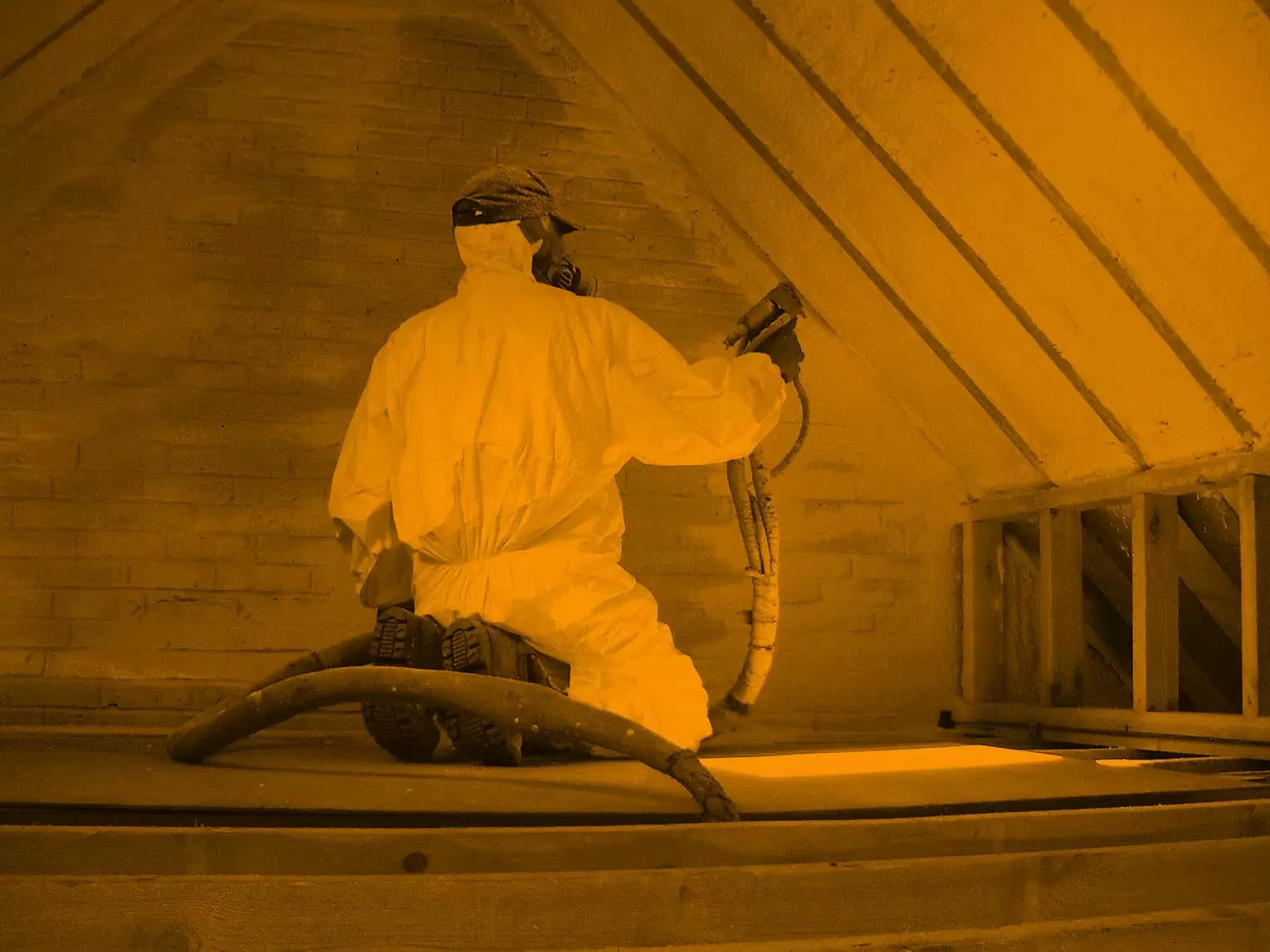
Closed-cell spray foam does a better job at protecting your home against damage:
- Moisture Resistance: Closed-cell spray foam acts as a vapor barrier, effectively blocking the passage of moisture through the insulation layer. This property makes it good for protecting against moisture, mildew, ice dams, and pests;
- Structural Support: Due to its dense and rigid structure, closed-cell spray foam provides added structural support and reinforcement to the building’s assembly. It adds strength and rigidity to walls, roofs, and other structural components;
- Air Barrier: Closed-cell spray foam serves as an effective air barrier, minimizing air leakage and improving overall building envelope integrity;
- Longevity: The alternatives to spray foam are only able to last from 15 to 30 years on average before the homeowner will have to reinvest in new insulation all over again, and that’s if they’re well taken care of. By contrast, closed-cell spray foam lasts as long as 50 years.
Ecothermix provides top-of-the-line canned spray foam insulation that you can take with you to the most inconvenient spaces and fill every crack and opening. We are committed to maintaining cutting-edge thermal resistance, moisture control, and air sealing properties, allowing you to enjoy long-term energy savings, improved indoor comfort, and peace of mind, knowing that your property is preserved and protected.
Try out Ecothermix and enjoy greater comfort today.
.


